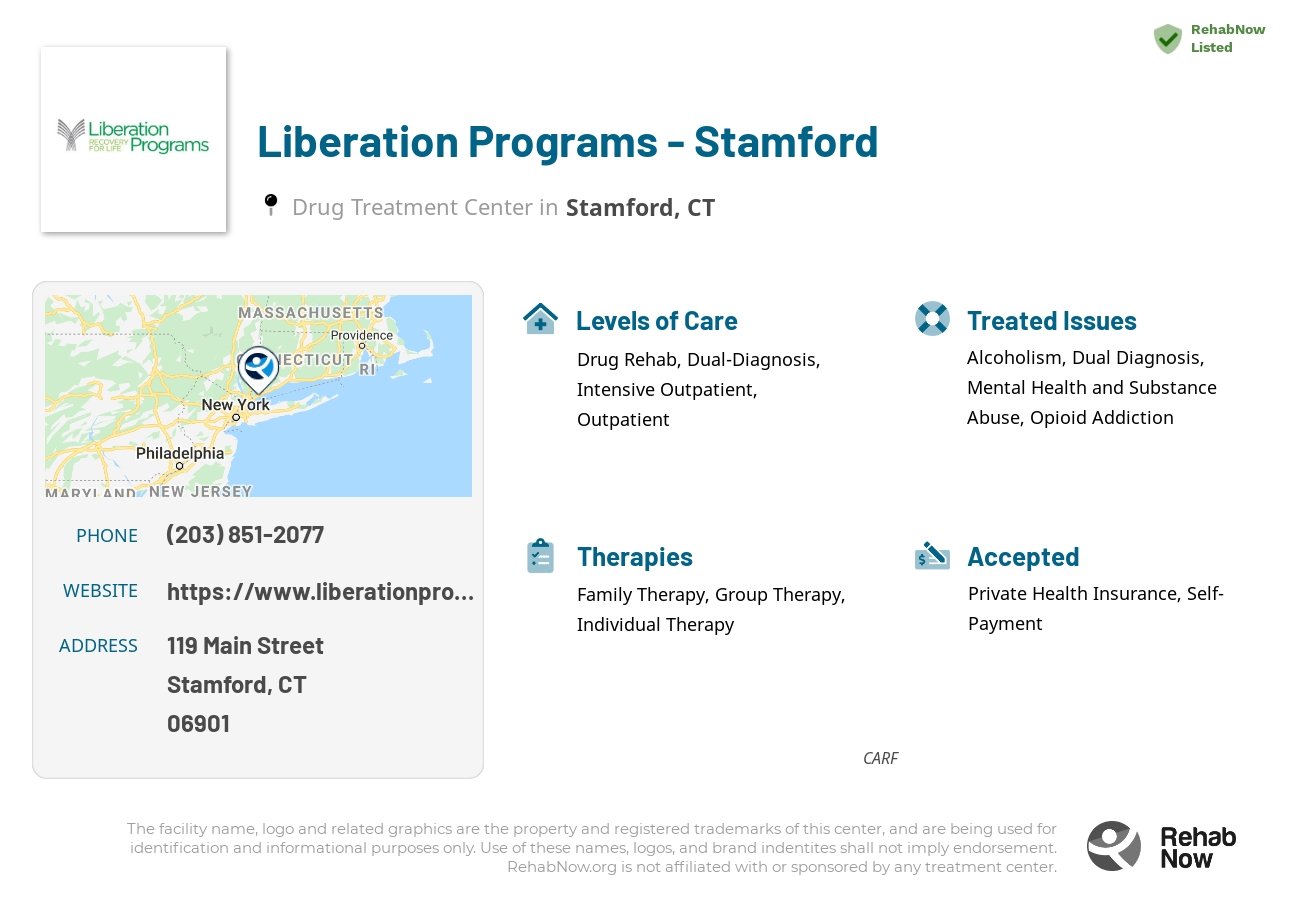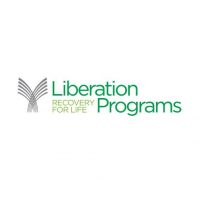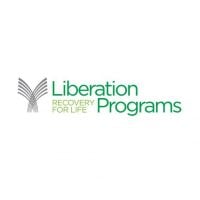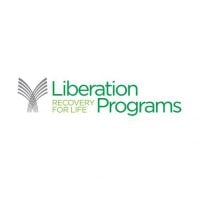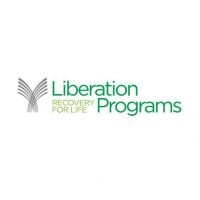
Liberation Programs - Stamford
Drug Rehab Center in Stamford, Connecticut
- Opioid Addiction
- Dual Diagnosis
- Drug Addiction
- Alcoholism
Liberation Programs - Stamford in Stamford, Connecticut is an outpatient treatment center that offers evidence-based treatments and medication-assisted treatment to individuals struggling with addiction and substance abuse, as well as providing comprehensive care for co-occurring disorders.
About Liberation Programs - Stamford in Connecticut
Liberation Programs - Main Street, situated in Stamford, Connecticut, offers a comprehensive outpatient treatment approach for alcohol and substance addiction. This program stands out for its inclusion of family therapy, medication-assisted treatment, and group therapy, addressing the multifaceted nature of addiction recovery.
Accredited by CARF and SAMHSA, Liberation Programs - Main Street demonstrates a commitment to maintaining the highest standards of care. The blend of traditional and innovative treatment methods such as group sessions and medication assistance underscores their tailored approach to addiction recovery.
- Family Therapy Integration: Emphasizes healing for the entire family unit, acknowledging the impact of addiction beyond the individual.
- Medication-Assisted Treatment: Utilizes FDA-approved medications to manage withdrawal symptoms, cravings, and to maintain long-term recovery.
- Comprehensive Group Therapy: Facilitates a range of group therapy sessions to build community support and enhance personal growth.
Specializing in the treatment of alcoholism, opioid addiction, drug addiction, dual diagnosis, and substance abuse, Liberation Programs - Main Street employs a variety of treatment methods and levels of care. This encompasses everything from intensive outpatient to more flexible outpatient treatments, all designed to support lasting recovery.
Genders
Ages
Modality
Additional
Accreditations
SAMHSA

CARF
The Commission on Accreditation of Rehabilitation Facilities (CARF) is a non-profit organization that specifically accredits rehab organizations. Founded in 1966, CARF's, mission is to help service providers like rehab facilities maintain high standards of care.
Conditions and Issues Treated
Opioid addiction is when someone becomes addicted to opioids. This can happen quickly due to any opioid use. Opioid withdrawal can be uncomfortable and lead the user to continue using even if they want to quit. It’s best to receive inpatient treatment for detoxification.
Even if a person doesn’t need inpatient treatment, it’s recommended to start rehabilitation or at least some kind of outpatient treatment. This is because the withdrawal symptoms from opioids can be uncomfortable and unpleasant, to the point that a person could end up using again or worse.
Detoxification should be done to break the physical addiction of opioids. This can be done with opioid replacement therapy, medication-assisted therapy, or a more traditional detoxification program. Intensive outpatient treatment is a form of addiction care that allows patients to continue living at home while undergoing treatment. This type of care is appropriate for patients who have been treated in residential treatment programs. Intensive outpatient programs include regular visits to the facility providing therapy, and patients gradually return to their routine life. IOP benefits most when patients have a supportive family member or friend to help them recover.
The first step to getting into an intensive outpatient program is to attend a detoxification facility. Detoxification facilities are designed to remove substances from the body safely. The patient will attend sessions designed to help them understand their addiction and its impact on their lives. While in an intensive outpatient program, therapy sessions are scheduled three to five times per week, with the patient attending no more than two sessions in one day.
Dual Diagnosis therapy is considered more successful than traditional rehab methods because it treats the addiction and the underlying mental health disorder simultaneously. This comprehensive approach gives Stamford, CT patients the best chance for long-term recovery. If the patient does not receive treatment for both conditions, they are more likely to relapse.
Levels of Care Offered
This center offers a variety of custom treatment tailored to individual recovery. Currently available are Drug Rehab, Dual-Diagnosis, Intensive Outpatient, Outpatient, with additional therapies available as listed below.
An intensive outpatient treatment program, or IOP, is set up for those struggling with an addiction to begin the recovery process. However, the patient will not live at the facility during treatment.
IOP involves patients coming in and out of a medical office building regularly to receive therapy and other services while continuing their life outside of these visits.
IOP is a step up from drug detoxification or alcohol detox. However, it’s still considered a phase of recovery rather than the ultimate goal. There are many rehabs and treatment facilities available to patients in need of IOP.
Outpatient treatment consists of counseling and therapy sessions. The outpatient treatment process begins with the addict’s initial detox period, lasting about ten days. Outpatient treatment is used for those who are at moderate risk for “slipping back” into the addiction. It is also used for those who are not currently experiencing any side effects from withdrawal, can handle social pressure, have a stable living environment, and have a good support system.
Therapies & Programs
Individual Therapy is a crucial component of addiction recovery. Therapists work with patients to identify the root of their addiction and figure out how to better handle the issues that led to them using drugs. Individual Therapy is one on one sessions where people meet with their therapist. Individual therapy provides a safe space for people to open up and discuss personal and sensitive topics which they may not feel comfortable discussing in a group setting.
In this type of therapy, therapists can develop specific solutions for each patient, which helps speed up their recovery process. In addiction recovery, therapy is a crucial part. It allows patients to go deep into their core issues and discover how those problems can be better handled now. Therapy can be performed in individual sessions as well as group settings. In individual therapy for addiction, the patient meets with the therapist one-on-one to focus on the underlying issues of addiction and come up with solutions to prevent future abuse.
Family therapy is a crucial part of drug treatment and getting sober. It is one of the most effective ways to help addicts stay on the path to long-term sobriety. One of the most important parts of family therapy is the relapse prevention plan. During treatment, therapists and doctors will often sit down with the addict and their family to develop a plan if the addict ever feels like they want to use again. This plan should involve steps the addict and family can take together to prevent them from relapsing in the future.
An addict’s family can play a vital part in helping them to avoid relapse because they can spot the warning signs and help them get back on track before it becomes too much of a problem. Family therapy is one of the most effective ways to help addicts stay on the path to long-term sobriety.
Group Therapy is employed by drug treatment centers like Liberation Programs - Stamford to provide the recovering addict with a platform to talk about their feelings and experiences. It also provides for an opportunity to learn from other addicts who have successfully overcome their addiction. It is recommended that all group members be recovering addicts for this type of therapy to work.
Payment Options Accepted
For specific insurance or payment methods please contact us.
Is your insurance accepted?
Ask an expert, call (888) 674-0062
Liberation Programs Associated Centers
Discover treatment facilities under the same provider.
- Liberation Programs - Bridgeport Outpatient Services in Bridgeport, CT
- Liberation Programs - Liberation House in Stamford, CT
- Liberation Programs - Outpatient in Stamford, CT
- Liberation Programs - Bridgeport in Bridgeport, CT
- Liberation Programs - Families in Recovery Program in Norwalk, CT
Learn More About Liberation Programs Centers
Additional Details
Specifics, location, and helpful extra information.
Stamford, Connecticut 6901 Phone Number(203) 851-2077 Meta DetailsUpdated April 15, 2024
Staff Verified
Liberation Programs - Stamford Patient Reviews
There are no reviews yet. Be the first one to write one.
Stamford, Connecticut Addiction Information
Connecticut has a higher rate of substance abuse and addiction than the national average. The state ranks in the top 10 in the country for illicit drug dependence among those ages 18 to 25. In 2010, there were 9,211 people admitted to an alcohol treatment facility for alcohol abuse combined with a secondary drug. Connecticut ranked fifth in the United States of America for the number of fatalities involving drunk driving in 2014.
Stamford also has a higher rate of prescription drug abuse than the rest of the country, with 3.8% of residents reporting non-medical use of prescription drugs in the past month. In Stamford, the most common drugs that are abused include alcohol, marijuana, heroin, and cocaine. Stamford, CT, has many different types of drug treatment facilities available. These include inpatient and outpatient treatment centers, 12-step programs, and detoxification centers.
Treatment in Nearby Cities
- Lebanon, CT (80.1 mi.)
- Essex, CT (62.7 mi.)
- New Haven, CT (36.6 mi.)
- Stratford, CT (23.3 mi.)
- Wallingford, CT (46.8 mi.)
Centers near Liberation Programs - Stamford
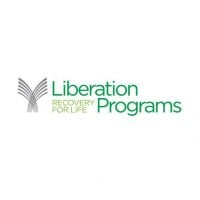
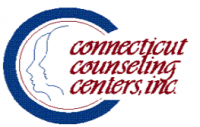

The facility name, logo and brand are the property and registered trademarks of Liberation Programs - Stamford, and are being used for identification and informational purposes only. Use of these names, logos and brands shall not imply endorsement. RehabNow.org is not affiliated with or sponsored by Liberation Programs - Stamford.



